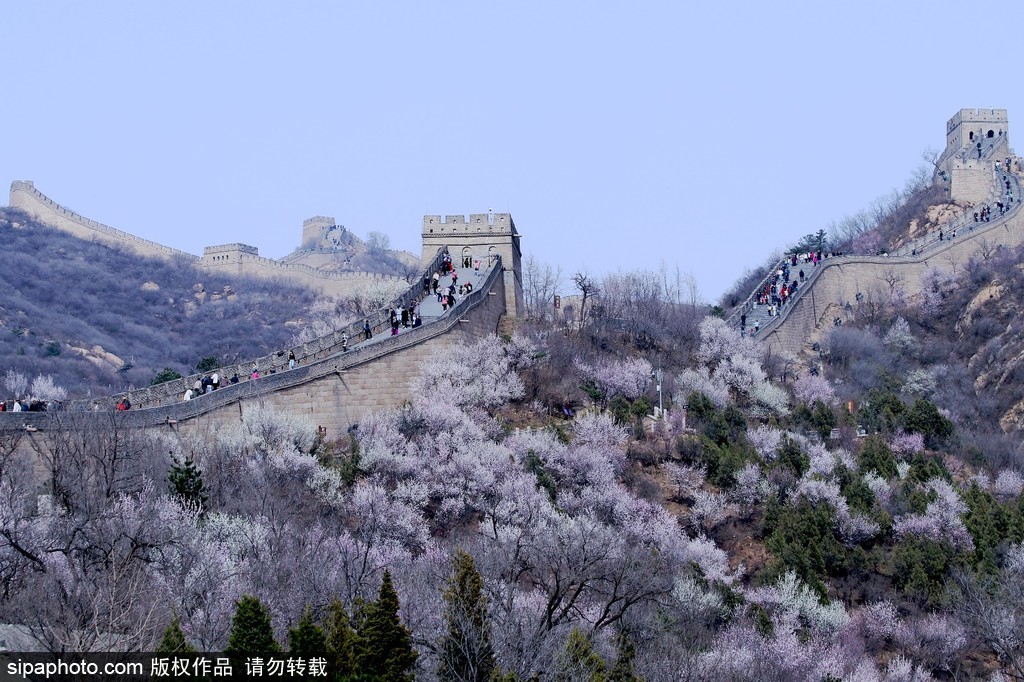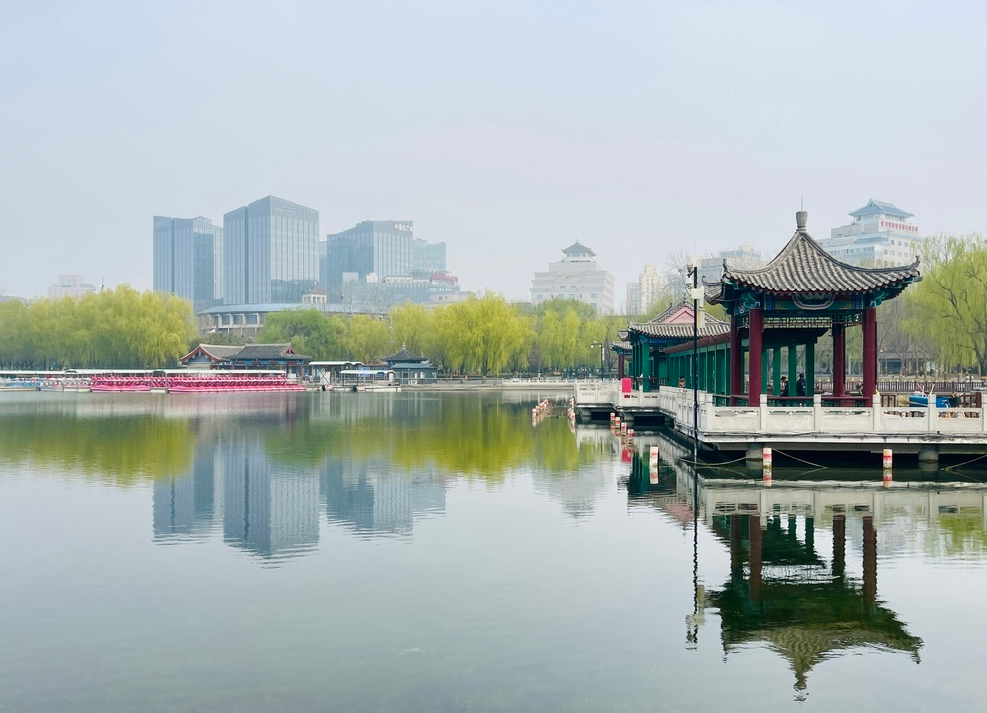Cuiwenge is a store which specializes in calligraphy research, sales of paintings, material printing and seal-cutting. It first opened in 1930 by Wei Changqing who came from Changping County.
After the “July 7th Incident of 1937” and Beiping (Beijing) was occupied, Yongbaozhai and Wenbaozhai were closed and Cuiwenge strived to stay alive even though it hardly had enough remaining stone materials. In order to live, Wei Changqing led some apprentices to collect old jade seals, rubbing down the old words, changed the sizes and carved their words.

However, they had created the eight treasures inkpad and researched the method of polishing on stones in the process. Cui Wenge’s self-made inkpad was made and processed by moxa, pearls, agate and castor oil. Due to its selection of fine materials, especially the castor oil that is the old oil that has been kept for many years, Cui Wenge’s inkpads are colorful, can be saved for long time and will not bleed papers.

After the Liberation, Wei Changqing and Xu Huanrong carved the inscription that was written by Mao Zedong and Chou Enlai on the Monument to the People’s Heroes.
Nowadays, there are no Cui Wenge stores in the market. They tried to open stores in Liulichang, Baigongfang and Golden Resources Shopping Mall once, but failed.

They have a time-honored online store for selling jade seals, calligraphy and paintings. The Imperial Jade Seal is the representation of the product of right processes; researching seals and traditional cultural implication is a unique creation of Cui Wenge. Most seals are made of stones and jades that can be used as souvenirs or gifts, and the prices range from 1,000 to 2,000 Yuan. Seals can be carved with the dragon design or have Beijing’s element and so forth added.



